This article explains how to install Apache OpenMeetings on Ubuntu Linux.
OpenMeetings is a cross-platform, free, open-source Apache project that provides video conferencing, instant messaging, whiteboard, and document collaboration for individuals and businesses.
Installing Apache OpenMeetings on Ubuntu Linux provides a free, open-source, cross-platform solution for video conferencing, instant messaging, whiteboard, and document collaboration.
It’s a Java-based app that can be used for online training and many other purposes. OpenMeetings also offers four primary audio/video options and advanced features such as session recording, multi-whiteboard, chat, and user management.
By installing OpenMeetings on Ubuntu Linux, users can enjoy a secure and reliable video conferencing platform that can be used for both personal and business needs.
For more about OpenMeetings, please visit its homepage.
Install Oracle JAVA 8
To support OpenMeetings, make sure Java is installed. To do that, run the commands below. Of course, the easiest way to install Oracle Java JDK 8 on Ubuntu is via a third-party… To add that PPA, run the commands below.
sudo add-apt-repository ppa:webupd8team/java
After running the commands above, you should see a prompt to accept the PPA key onto Ubuntu… accept and continue.
Now that the PPA repository has been added to Ubuntu, run the commands below to download the Oracle Java 8 installer…. the installer should install the latest Java JDK 8 on your Ubuntu machines.
sudo apt update sudo apt install oracle-java8-installer
When you run the commands above, you’ll be prompted to access the license terms of the software… accept and continue.
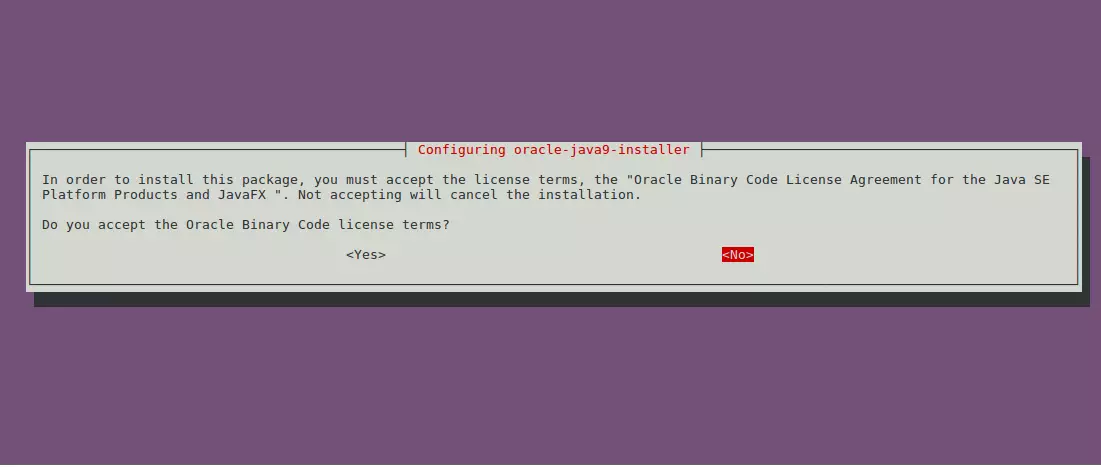
Set Oracle JDK8 as default; install the oracle-java8-set-default package to do that. This will automatically set the JAVA env variable.
sudo apt install oracle-java8-set-default
Now that JAVA is installed run the commands below to set its home directory.
sudo nano /etc/environment
Then copy and paste the hihighlightedine below and save the file.
PATH="/usr/local/sbin:/usr/local/bin:/usr/sbin:/usr/bin:/sbin:/bin:/usr/games:/usr/local/games"
JAVA_HOME=/usr/lib/jvm/java-8-oracle
export JAVA_HOME
After that, run the commands below.
source /etc/environment
When you run echo $JAVA_HOME, you should see the Java home directory.
Install Required Dependencies for OpenMeetings
After installing Java, run the commands below to install dependencies for OpenMeetingts.
sudo apt install imagemagick ghostscript jodconverter dnsutils build-essential zlib1g-dev libxt6 libxrender1 ffmpeg sox
Install MariaDB Database Server
MariaDB database server is a great place to start when looking at open-source database servers to use with OpenMeetings. To install MariaDB, run the commands below.
sudo apt-get install mariadb-server mariadb-client
After installing MariaDB, the commands below can stop, start, and enable the service to start when the server boots.
Run these on Ubuntu 16.04 LTS
sudo systemctl stop mysql.service sudo systemctl start mysql.service sudo systemctl enable mysql.service
Run these on Ubuntu 17.10 and 18.04 LTS
sudo systemctl stop mariadb.service sudo systemctl start mariadb.service sudo systemctl enable mariadb.service
After that, run the commands below to secure the MariaDB server by creating a root password and disallowing remote root access.
sudo mysql_secure_installation
When prompted, answer the questions below by following the guide.
- Enter current password for root (enter for none): Just press the Enter
- Set root password? [Y/n]: Y
- New password: Enter password
- Re-enter new password: Repeat password
- Remove anonymous users? [Y/n]: Y
- Disallow root login remotely? [Y/n]: Y
- Remove test database and access to it? [Y/n]: Y
- Reload privilege tables now? [Y/n]: Y
Restart MariaDB server
After installing MariaDB, run the commands below to create a database for OpenMeetings.
To log on to the MariaDB database server, run the commands below.
sudo mysql -u root -p
Then, create a database called openmeetings
CREATE DATABASE openmeetings;
Create a database user called openmeetingsuser with a new password
CREATE USER 'openmeetingsuser'@'localhost' IDENTIFIED BY 'new_password_here';
Then, grant the user full access to the database.
GRANT ALL ON openmeetings.* TO 'openmeetingsuser'@'localhost' IDENTIFIED BY 'user_password_here' WITH GRANT OPTION;
Finally, save your changes and exit.
FLUSH PRIVILEGES; EXIT;
Download and Install OpenMeetings
Now that Java and MariaDB are installed and configured run the commands below to download the OpenMeetings package.
cd /tmp && wget http://www-eu.apache.org/dist/openmeetings/4.0.4/bin/apache-openmeetings-4.0.4.tar.gz
Once the download is completed, extract the downloaded file with the following command:
sudo mkdir -p /opt/openmeetings sudo tar xvf apache-openmeetings-4.0.4.tar.gz -C /opt/openmeetings
Next, install the Java MySQL connector by running the commands below.
sudo apt-get install libmysql-java sudo cp /usr/share/java/mysql-connector-java.jar /opt/openmeetings/webapps/openmeetings/WEB-INF/lib/
Finally, run the commands below to start the OpenMeetings process.
cd /opt/openmeetings sudo sh red5.sh openmeetings
OpenMeetings should now be created and listening on port 5080.
Open your browser and browse to the server hostname or IP address followed by port 5080/openmeetings
http://localhost:5080/openmeetings/install
Select MySQL database connection. By default, OpenMeetings uses its internal integrated Apache Derby database. In a production environment, you may want to use MySQL or MariaDB. Please select it, type in the database info you created above, and continue.
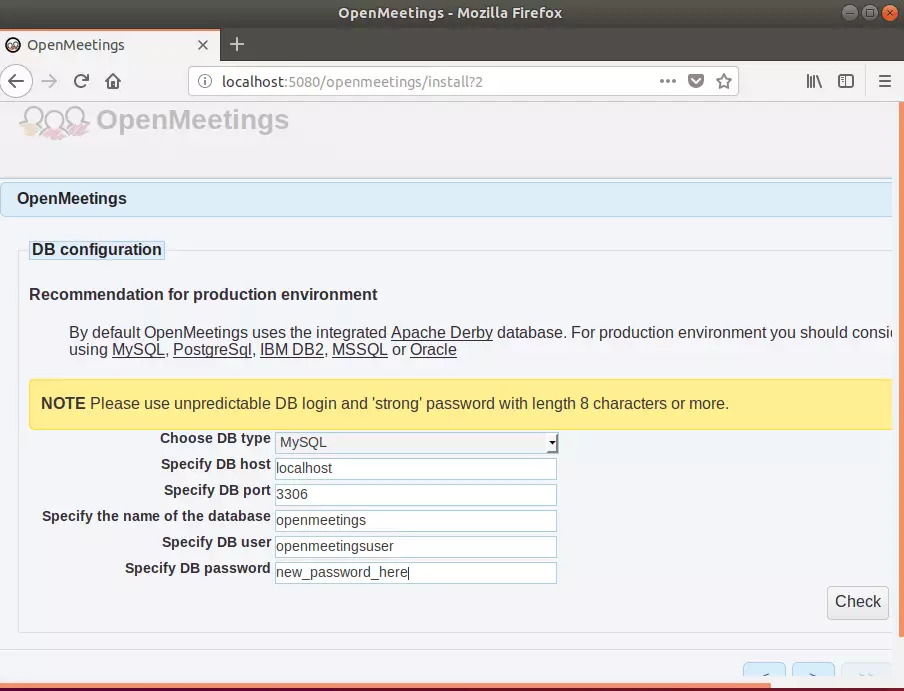
Follow the on-screen wizard until the setup is complete. Create an admin account.
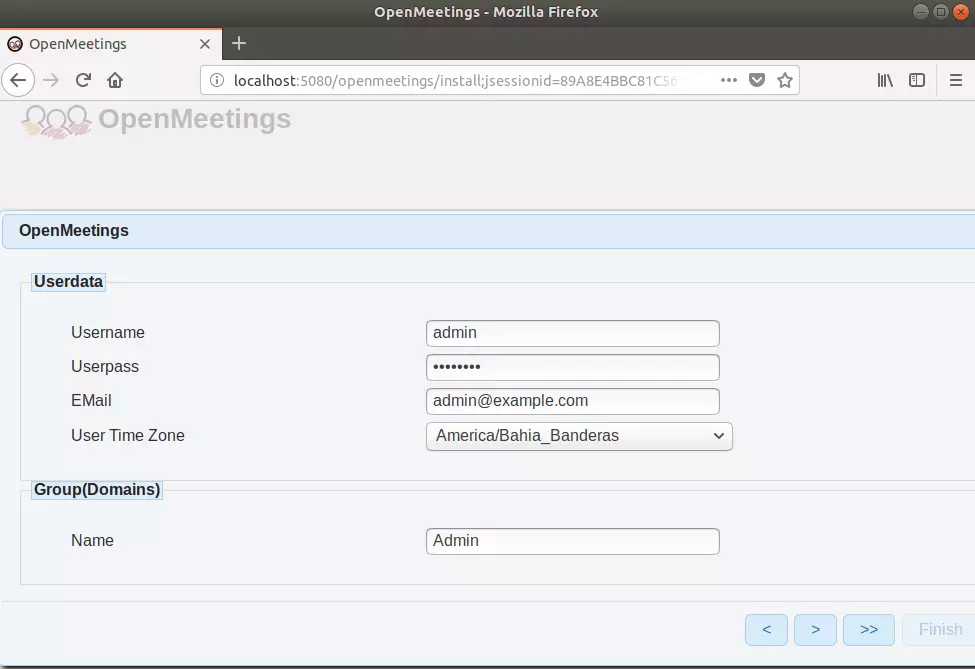
Enjoy!
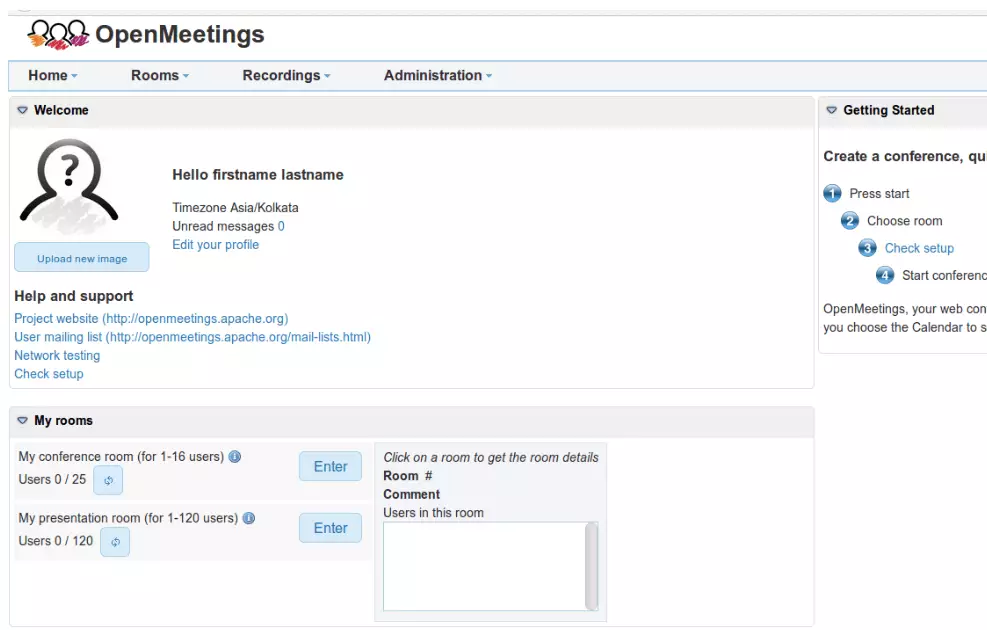
You may also like the post below:
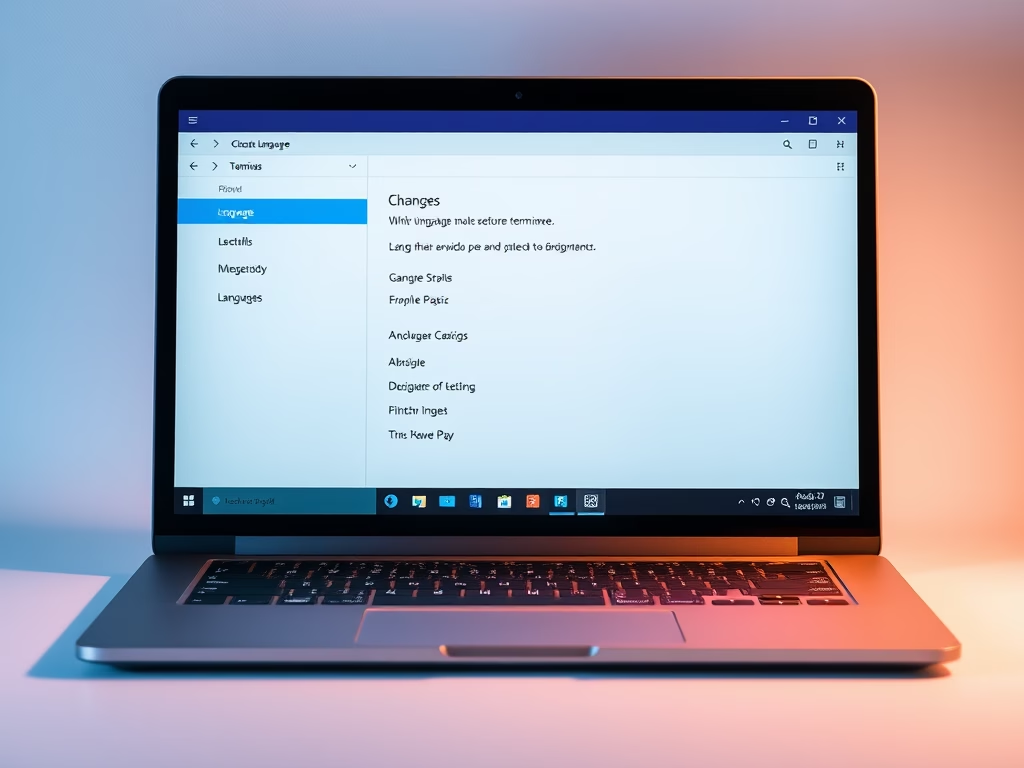

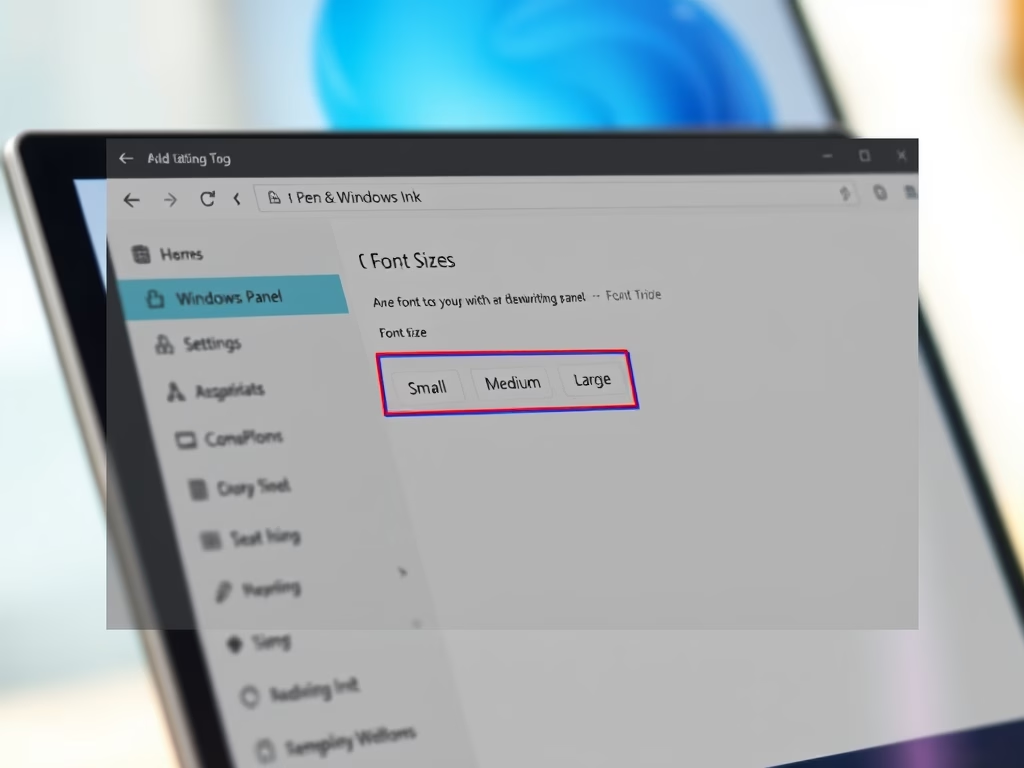
Leave a Reply Cancel reply